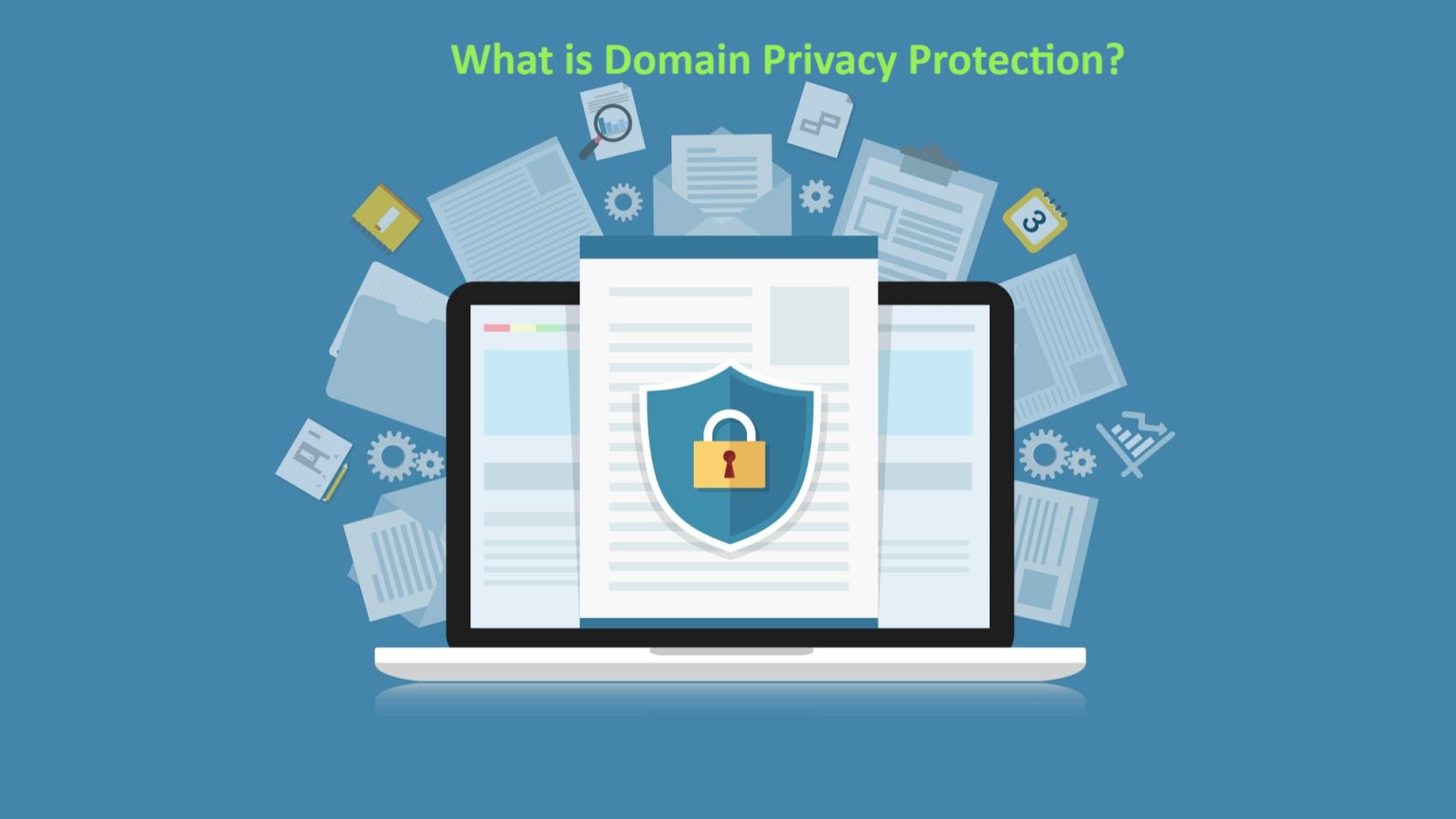Domain Privacy Protection, also known as WHOIS Privacy, is a service offered by domain registrars to protect the personal information of domain owners in the WHOIS database.
When you register a domain name, your personal information, such as your name, address, phone number, and email address, is publicly accessible and can be viewed by anyone using the WHOIS lookup service. Domain Protection helps to keep this information private and secure.
Table of Contents
How Does Domain Privacy Protection Work?
When you enable Domain Privacy for your domain, the registrar replaces your personal contact information in the WHOIS database with the registrar’s contact information. Here’s how it works:
- Domain Registrar’s Information: The registrar’s contact information is displayed in the WHOIS database instead of your personal information.
- Incoming Messages: Any messages sent to the privacy-protected email address will be forwarded to your actual email address, ensuring that you still receive important communications related to your domain.
- Protection Against Spam: By keeping your personal information private, Domain Privacy Protection helps to reduce the amount of spam and unsolicited emails you receive.
Why Is Domain Privacy Protection Important?

- Protects Personal Information: Domain Privacy helps to protect your personal information from being publicly accessible, reducing the risk of identity theft, fraud, and unsolicited emails.
- Prevents Unwanted Solicitations: Without Domain Privacy , your contact information is publicly available, making you a target for spam emails, sales calls, and unsolicited offers.
- Enhances Security: By keeping your personal information private, Domain Privacy helps to enhance the security of your domain and reduces the risk of cyberattacks and phishing attempts.
- Maintains Anonymity: If you wish to maintain anonymity and privacy, especially for personal websites or blogs, Domain Privacy allows you to do so without revealing your personal information.
How to Enable Domain Privacy Protection?
Enabling Domain Privacy is usually a straightforward process and can be done through your domain registrar’s control panel. Here are general steps to enable Domain Privacy Protection:
- Log in to Your Domain Registrar’s Control Panel: Log in to your account on the website of your domain registrar.
- Navigate to Domain Settings: Go to the domain management or domain settings section.
- Enable Domain Privacy Protection: Look for an option to enable Domain Privacy and follow the prompts to activate the service.
- Verify Contact Information: Some registrars may require you to verify your contact information before enabling Domain Privacy .
Is Domain Privacy Protection Necessary?

Whether or not to enable Domain Privacy depends on your personal preference and the type of website you are running.
If you want to protect your personal information and maintain privacy and security, especially for personal websites, blogs, or online businesses, Domain Privacy is highly recommended.
However, if you are running a business website and want to maintain transparency and trust with your customers, you may choose not to enable Domain Privacy .
- Personal Websites/Blogs: If you are running a personal website or blog and want to protect your personal information and maintain privacy, Domain Privacy is highly recommended.
- Online Businesses: If you are running an online business and want to maintain transparency and trust with your customers, you may choose not to enable Domain Privacy . However, you should be aware of the potential risks of exposing your personal information.
- Public Figures: If you are a public figure or celebrity and want to maintain privacy and protect your personal information, Domain Privacy is essential to prevent unauthorized access and misuse of your personal information.
Overall, Domain Privacy is an important service that helps to protect your personal information, enhance security, and reduce the risk of spam and unsolicited emails.
Conclusion:
Domain Privacy is an important service that helps to protect your personal information, enhance security, and reduce the risk of spam and unsolicited emails. Whether or not to enable Domain Privacy Protection depends on your personal preference, the type of website you are running, and your privacy concerns. If you want to protect your personal information and maintain privacy and security, especially for personal websites, blogs, or online businesses, Domain Privacy Protection is highly recommended.

